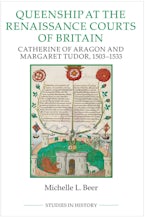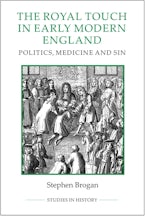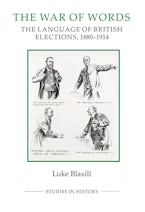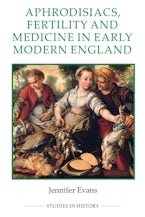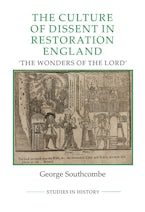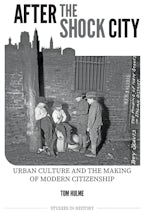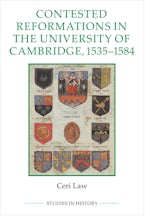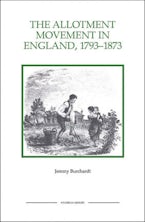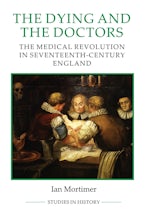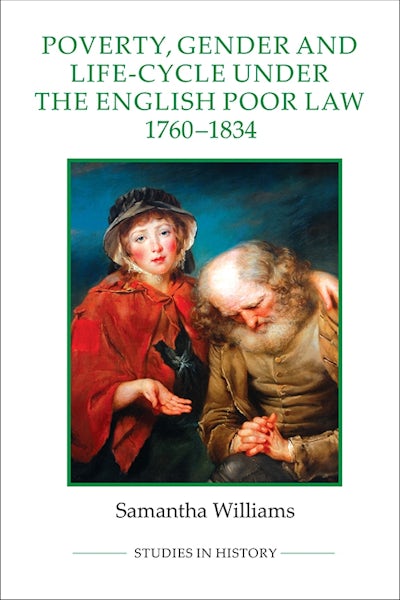
Title Details
208 Pages
23.4 x 15.6 cm
Series: Royal Historical Society Studies in History New Series
Series Vol. Number:
81
Imprint: Boydell Press
Poverty, Gender and Life-Cycle under the English Poor Law, 1760-1834
- Description
- Contents
- Reviews
Examination of welfare during the last years of the Poor Law, bringing out the impact of poverty on particular sections of society - the lone mother and the elderly.
Social welfare, increasingly extensive during the seventeenth and eighteenth centuries, was by the first third of the nineteenth under considerable, and growing, pressure, during a "crisis" period when levels of poverty soared. This book examines the poor and their families during these final decades of the old Poor Law. It takes as a case study the lived experience of poor families in two Bedfordshire communities, Campton and Shefford, and contrasts it with the perspectives of other participants in parish politics, from the magistracy to the vestry, and from overseers to village ratepayers. It explores the problem of rising unemployment, the provision of parish make-work schemes,charitable provision and the wider makeshift economy, together with the attitudes of the ratepayers. That gender and life-cycle were crucial features of poverty is demonstrated: the lone mother and her dependent children and the elderly dominated the relief rolls. Poor relief might have been relatively generous but it was not pervasive - child allowances, in particular, were restricted in duration and value - and it by no means approximated to the income of other labouring families. Poor families must either have had access to additional resources, or led meagre lives.
Samantha Williams is a university lecturer in local and regional history at the Institute of ContinuingEducation, Cambridge, and a Bye-Fellow in History, Girton College, Cambridge.
Social welfare, increasingly extensive during the seventeenth and eighteenth centuries, was by the first third of the nineteenth under considerable, and growing, pressure, during a "crisis" period when levels of poverty soared. This book examines the poor and their families during these final decades of the old Poor Law. It takes as a case study the lived experience of poor families in two Bedfordshire communities, Campton and Shefford, and contrasts it with the perspectives of other participants in parish politics, from the magistracy to the vestry, and from overseers to village ratepayers. It explores the problem of rising unemployment, the provision of parish make-work schemes,charitable provision and the wider makeshift economy, together with the attitudes of the ratepayers. That gender and life-cycle were crucial features of poverty is demonstrated: the lone mother and her dependent children and the elderly dominated the relief rolls. Poor relief might have been relatively generous but it was not pervasive - child allowances, in particular, were restricted in duration and value - and it by no means approximated to the income of other labouring families. Poor families must either have had access to additional resources, or led meagre lives.
Samantha Williams is a university lecturer in local and regional history at the Institute of ContinuingEducation, Cambridge, and a Bye-Fellow in History, Girton College, Cambridge.
People, place and poverty
Policy and paupers
Paying for poverty
Gender, life-cycle and the life-course
Work, unemployment and the makeshift economy
Policy and paupers
Paying for poverty
Gender, life-cycle and the life-course
Work, unemployment and the makeshift economy
"An important work for historians of poverty and poor relief, particularly for those interested in the lives of the poor." FAMILY & COMMUNITY HISTORY
"[A] finely researched book ... makes a very significant contribution to poor law history. ... [It] is a very fine piece of scholarship." ENGLISH HISTORICAL REVIEW
"Makes a significant contribution to our understanding of the nature of the old poor law. [...] Only Williams's careful, forensic approach allows her to defiantly make such claims. For this alone, the book has to be essential reading for all poor law specialists and welfare historians." REVIEWS IN HISTORY
Paperback
9781843838661
September 2013
£24.99 / $36.95
Ebook (EPDF)
9781782040071
November 2011
$24.95 / £19.99
Title Details
208 Pages
2.34 x 1.56 cm
Series: Royal Historical Society Studies in History New Series
Series Vol. Number:
81
Imprint: Boydell Press












